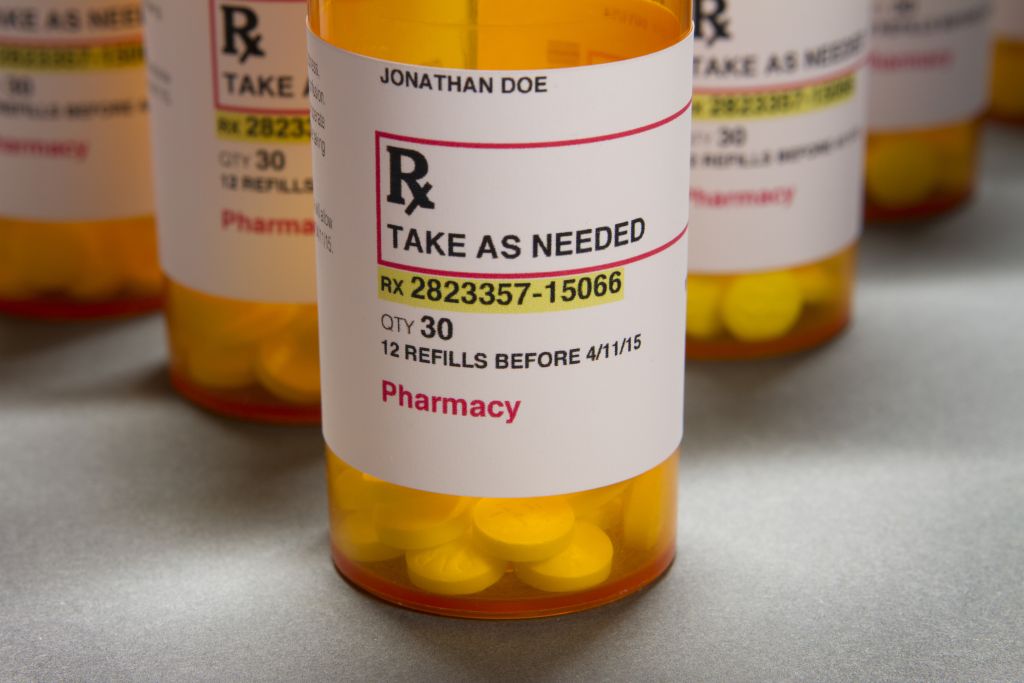Regarding CoVid 19, there is not enough information to determine if medications may contribute to risk. There continues to be well-documented evidence that sick individuals, especially those who are elderly and have chronic conditions, are more likely to die if infected with SARS-CoV-2SARS-CoV-2 ˈsärz-kō-ˈvē-ˈtü : the coronavirus (Severe acute respiratory syndrome coronavirus 2 of the genus Betacoronavirus) that is the causative agent of COVID-19. These people are usually on at least one, and often multiple, medications. There is historical evidence showing a relationship between drugs that impact the immune systemimmune system : the bodily system that protects the body from foreign substances, cells, and tissues by producing the immune response and that includes especially the thymus, spleen, lymph nodes, special deposits of lymphoid tissue (as in the gastrointestinal tract and bone marrow), macrophages, lymphocytes including the B cells and T cells, and antibodies. and an increase in morbidity (disease) and mortality.
The American College of Rheumatology posted the following question and answer:
Should patients who are taking prednisoneprednisone pred·ni·sone | \ ˈpred-nə-ˌsōn also -ˌzōn : a glucocorticoid C21H26O5 that is a dehydrogenated analog of cortisone and is used as an anti-inflammatory agent, as an antineoplastic agent, and as an immunosuppressant, DMARDs (Disease-modifying anti-rheumatic drugs), or other drugs for their rheumatic diseases stop them?
All patients should talk to their rheumatologist or rheumatology professional prior to discontinuing any of their medications. While there are no data on the influence of these medications on COVID-19COVID-19 \ ˈkō-vid-nīn-ˈtēn : a mild to severe respiratory illness that is caused by a coronavirus (Severe acute respiratory syndrome coronavirus 2 of the genus Betacoronavirus), is transmitted chiefly by contact with infectious material (such as respiratory droplets), and is characterized especially by fever, cough, and shortness of breath and may progress to pneumonia and respiratory failure. , providers should follow their current practice for interrupting therapy during episodes of infectioninfection in·fec·tion | \ in-ˈfek-shən a : the state produced by the establishment of one or more pathogenic agents (such as a bacteria, protozoans, or viruses) in or on the body of a suitable host b : a disease resulting from infection. https://www.rheumatology.org/announcements
A list of those drugs is provided here:
Disease-modifying anti-rheumatic drugs (DMARDs)
- ciclosporin.
- cyclophosphamide.
- hydroxychloroquinehydroxychloroquine hy·droxy·chlor·o·quine | \ -ˈklōr-ə-ˌkwēn, -kwin : a drug derived from quinoline that is administered orally in the form of its sulfate C18H26ClN3O·H2SO4 to treat malaria, rheumatoid arthritis, and lupus erythematosus.
- leflunomide.
- methotrexate.
- mycophenolate.v
- sulfasalazine.
The most common biologics include:
- abatacept (Orencia)
- rituximab (Rituxan)
- tocilizumab (Actemra)
- anakinra (Kineret)
- adalimumab (Humira)
- etanercept (Enbrel)
- infliximab (Remicade)
- certolizumab pegol (Cimzia)
- golimumab (Simponi)
In general, any drug that suppresses immune function should be avoided during periods of possible infectious contagion.
For a more comprehensive list of immunosuppressantimmunosuppression im·mu·no·sup·pres·sion | \ ˌi-myə-nō-sə-ˈpre-shən : suppression (as by drugs or disease) of the immune response pharmaceuticals, visit: https://www.healthline.com/health/immunosuppressant-drugs#drug-list


No comments yet. Be the first one to leave a thought.